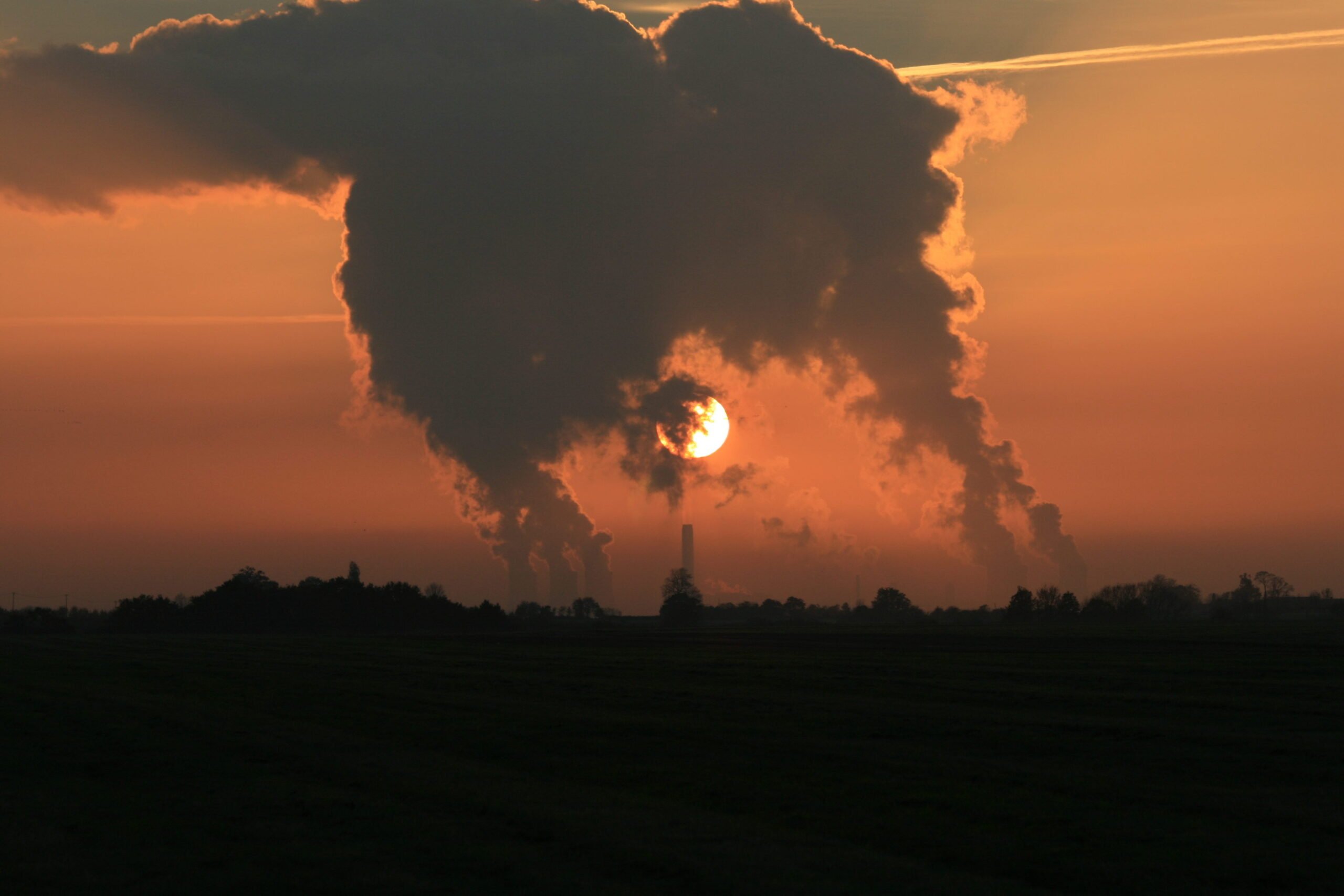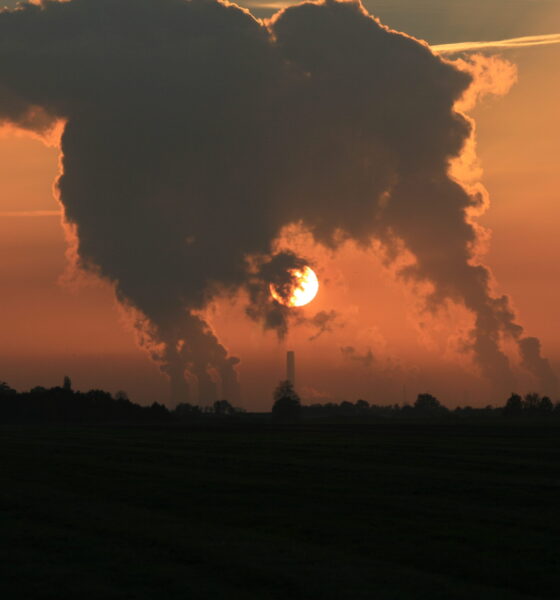

Energy
IEA: $48tn energy investment needed to meet demand by 2035
The International Energy Agency (IEA) has said that despite growth in recent years, investment in renewable energy sources is still much less than the finance poured into fossil fuels. The organisation added that in order to meet demand, countries must invest $2 trillion (£1.2 trillion) annually in energy supply.
A new report by the IEA has suggested that as energy demand is rising and global greenhouse gas emissions need to be kept under control to avoid disastrous climate change, the current investment gap between fossil fuels and renewable energy is still too wide.
The organisation argues that investment in energy efficiency must increase to $550 billion (£328 billion) per year, while renewables investment needs to get from $250 billion (£149 billion) to $900 billion (£537 billion), in order to satisfy energy needs and decrease reliance from fossil fuels, in which over $1 trillion (£596 billion) was invested last year alone.
The suggestions echo those made by IEA in a previous report, where it stated that carbon intensive electricity’s production had to decrease by 90% by 2050.
Renewable energy investment has been much higher in Europe compared to the US, where much has been invested on natural gas. Overall, annual investment in energy supply needs to rise from $1.6 trillion (£950 billion) to $2 trillion (£1.2 trillion) by 2035. The cumulative total between now and then is around $48 trillion (£28.6 trillion).
IEA executive director Maria van der Hoeven said, “The reliability and sustainability of our future energy system depends on investment.
“But this won’t materialise unless there are credible policy frameworks in place as well as stable access to long-term sources of finance. Neither of these conditions should be taken for granted. There is a real risk of shortfalls, with knock-on effects on regional or global energy security, as well as the risk that investments are misdirected because environmental impacts are not properly reflected in prices.”
Commenting on the IEA’s recommendations, Stephanie Pfeifer of the Institutional Investors Group on Climate Change (IIGCC) said, “As the IEA has today identified, getting climate policies and prices right is essential to switching investment to low-carbon sources. Investment in low-carbon energy and energy efficiency is not happening at the scale required, and weak policies and pricing continue to undermine the investment case.”
Pfeifer, who is chief executive of the IIGCC – which represents 88 of Europe’s largest investors worth €7.5 trillion (£4.5 trillion) – said that “strong and reliable” carbon pricing was needed in order to redirect investment from high-carbon to low-carbon energy.
She added, “Over the coming months, policymakers globally have the opportunity to send the policy signals which correct prices and begin to unlock the substantial investment required. The case for action is compelling.”
Photo: bugdog via Freeimages
Further reading:
IEA: shift from fossil fuels to renewable energy ‘long overdue’
Fossil fuel subsidies preventing transition to low-carbon economy
IPCC climate report means cleantech ‘an attractive proposition for any investor’
IPCC report proves fossil fuel investors are ‘wrecking our future’
Renewable energy investment drops as technology becomes cheaper


 Environment12 months ago
Environment12 months agoAre Polymer Banknotes: an Eco-Friendly Trend or a Groundswell?

 Features11 months ago
Features11 months agoEco-Friendly Cryptocurrencies: Sustainable Investment Choices

 Features12 months ago
Features12 months agoEco-Friendly Crypto Traders Must Find the Right Exchange

 Energy11 months ago
Energy11 months agoThe Growing Role of Solar Panels in Ireland’s Energy Future




























